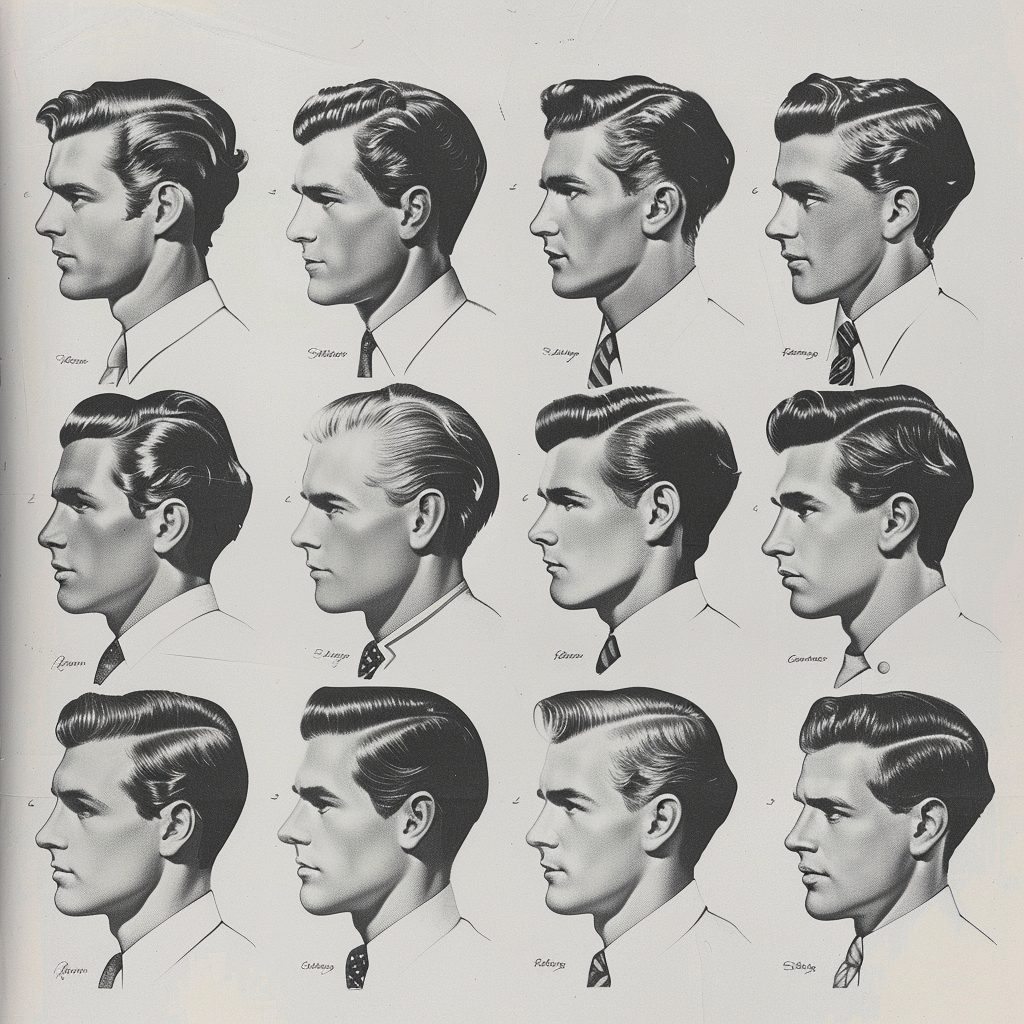Hair salons in New York City are not only locations to get a trim; they function as important cultural centers that help define neighborhood identity and nurture connections among residents. These establishments have a rich history in urban settings, serving as gathering spots where people from diverse backgrounds come together. In many neighborhoods, barbershops are often the initial place where individuals can participate in discussions about community issues, exchange stories, and forge relationships. This unique role makes barbers not only talented professionals but also community curators who contribute to the social fabric of their communities.
The atmosphere in a barbershop is often vibrant and welcoming, creating a space where people feel at ease sharing themselves. Barbers are known for their ability to connect with clients, often engaging in discussions that span from athletics to politics. This engagement helps to create a sense of belonging among patrons, as they share their experiences and viewpoints. In many cases, barbershops mirror the cultural diversity of the neighborhoods they serve, showcasing different hairstyles, grooming techniques, and even music that resonate with the local community. This cultural exchange enhances the interaction for everyone involved and strengthens community ties.

Barbershops also play a significant role in preserving cultural traditions. Many barbers have been trained in particular techniques that are transmitted through ages, ensuring that unique styles and practices are not lost over time. For example, certain styles and grooming practices may be linked to cultural background, allowing individuals to express their identity through see this website their appearance. By maintaining these traditions, barbershops help to keep cultural narratives alive, providing a sense of pride and continuity for community members.
In addition to their cultural importance, barbershops often participate in community outreach and support local initiatives. Many barbers take an proactive role in addressing social issues, such as education and health education, by hosting events or providing resources to their patrons. This involvement demonstrates a commitment to the health of the community and fosters a sense of responsibility among barbers. By using their platforms to promote positive change, barbershops become vital players in the local area, further solidifying their role as cultural curators.
Overall, barbershops in New York City serve as essential spaces for cultural exchange, community development, and identity formation. They provide a unique environment where individuals can bond, exchange, and honor their varied backgrounds. As community curators, barbers not only influence the way people present themselves but also influence the broader community dynamics. By recognizing the importance of these establishments, we can appreciate the essential role they play in fostering connections and preserving cultural traditions in city settings.
Comments on “Barbers as Cultural Stewards Shaping Neighborhood Identity and Connection in New York City”